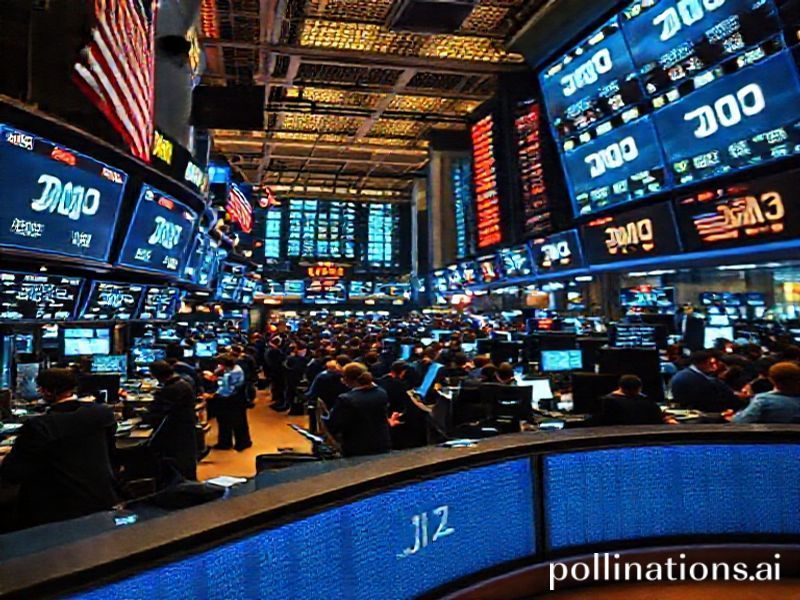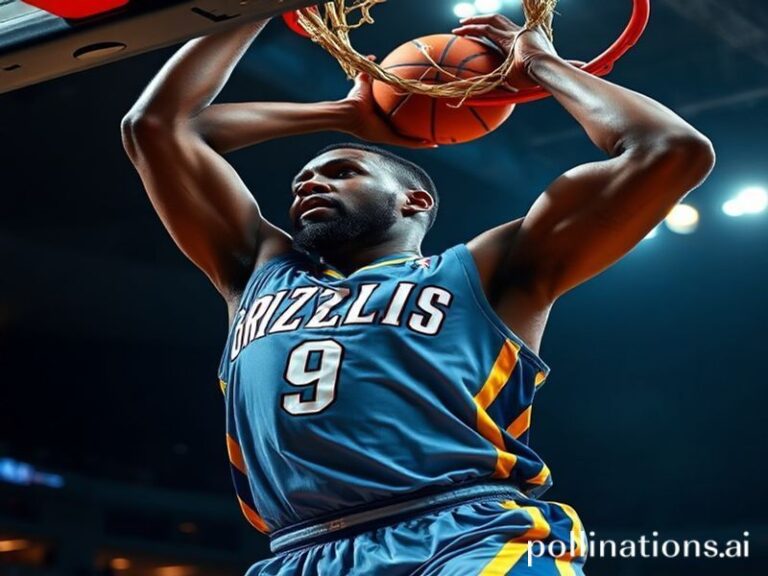DJIA Today: Why the Stock Market’s Big Brother is Stealing the Global Spotlight
# **DJIA Today: Why the Stock Market’s Big Brother is Stealing the Global Spotlight**
Alright, folks, let’s talk about the DJIA today and why it’s got the world’s attention. No, it’s not a new DJ or a mysterious internet alias—it’s the Dow Jones Industrial Average, the granddaddy of stock market indices. If you’ve been seeing #DJIA trending and wondering why, buckle up. We’re diving into the cultural significance, social impact, and why this financial heavyweight is making waves globally.
## **What is the DJIA, and Why Should You Care?**
The DJIA, or Dow Jones Industrial Average, is like the prom king of stock market indices. It’s a barometer of the U.S. economy, tracking the performance of 30 major publicly traded companies—think Apple, Microsoft, and Coca-Cola. When the DJIA moves, the world takes notice because it’s a reflection of economic health, investor sentiment, and sometimes, pure market drama.
But why is it trending *today*? Well, the stock market is a rollercoaster, and the DJIA is often the headline act. Whether it’s soaring to new highs or plummeting due to global events, the DJIA’s movements spark conversations, memes, and even panic (or euphoria) among investors and casual observers alike.
## **Cultural Context: The DJIA as a Global Phenomenon**
The DJIA isn’t just a U.S. thing—it’s a global phenomenon. When the Dow surges, it’s a signal that the world economy might be on the upswing. When it crashes, it’s a red flag that sends shockwaves across continents. The DJIA’s influence is so pervasive that it’s become a cultural touchstone, referenced in everything from financial news to late-night comedy.
Think about it: when the DJIA hits record highs, you’ll see headlines like “Dow Jones Smashes Records!” or “Investors Celebrate as DJIA Soars.” But when it tanks, the tone shifts to “Dow Jones Plummets: What’s Next?” The DJIA’s volatility is a goldmine for memes, think pieces, and hot takes. It’s the ultimate drama queen of the financial world, and we can’t look away.
## **Social Impact: The DJIA’s Ripple Effect**
The DJIA’s impact isn’t just confined to Wall Street. It trickles down to Main Street, affecting everything from retirement savings to consumer confidence. When the DJIA is up, people feel richer (even if they’re not directly invested), and spending tends to increase. When it’s down, folks tighten their belts, and economic anxiety spikes.
But the DJIA’s social impact goes beyond economics. It’s a cultural barometer, reflecting societal moods and global events. For example, during the COVID-19 pandemic, the DJIA’s wild swings mirrored the world’s collective anxiety. When vaccines were announced, the Dow surged, symbolizing hope and recovery. The DJIA isn’t just numbers on a screen—it’s a mirror of our collective psyche.
## **Why the DJIA Matters Today**
So, why is the DJIA trending *today*? It could be anything from a major earnings report to geopolitical tensions or even a tweet from a certain billionaire. The DJIA is a magnet for attention, and its movements are dissected, analyzed, and debated by everyone from finance gurus to your uncle on Facebook.
The significance of the DJIA lies in its ability to capture the zeitgeist. It’s a snapshot of the world’s economic health, a reflection of investor sentiment, and a catalyst for cultural conversations. Whether you’re an investor, a casual observer, or just someone who loves a good market drama, the DJIA is a topic that demands attention.
## **Conclusion: The DJIA’s Enduring Allure**
The DJIA today is more than just a stock market index—it’s a cultural icon, a social barometer, and a never-ending source of intrigue. Its trends reflect our collective hopes, fears, and economic realities, making it a topic that transcends borders and industries. So, the next time you see #DJIA trending, remember: it’s not just about numbers. It’s about the story they tell.
—







